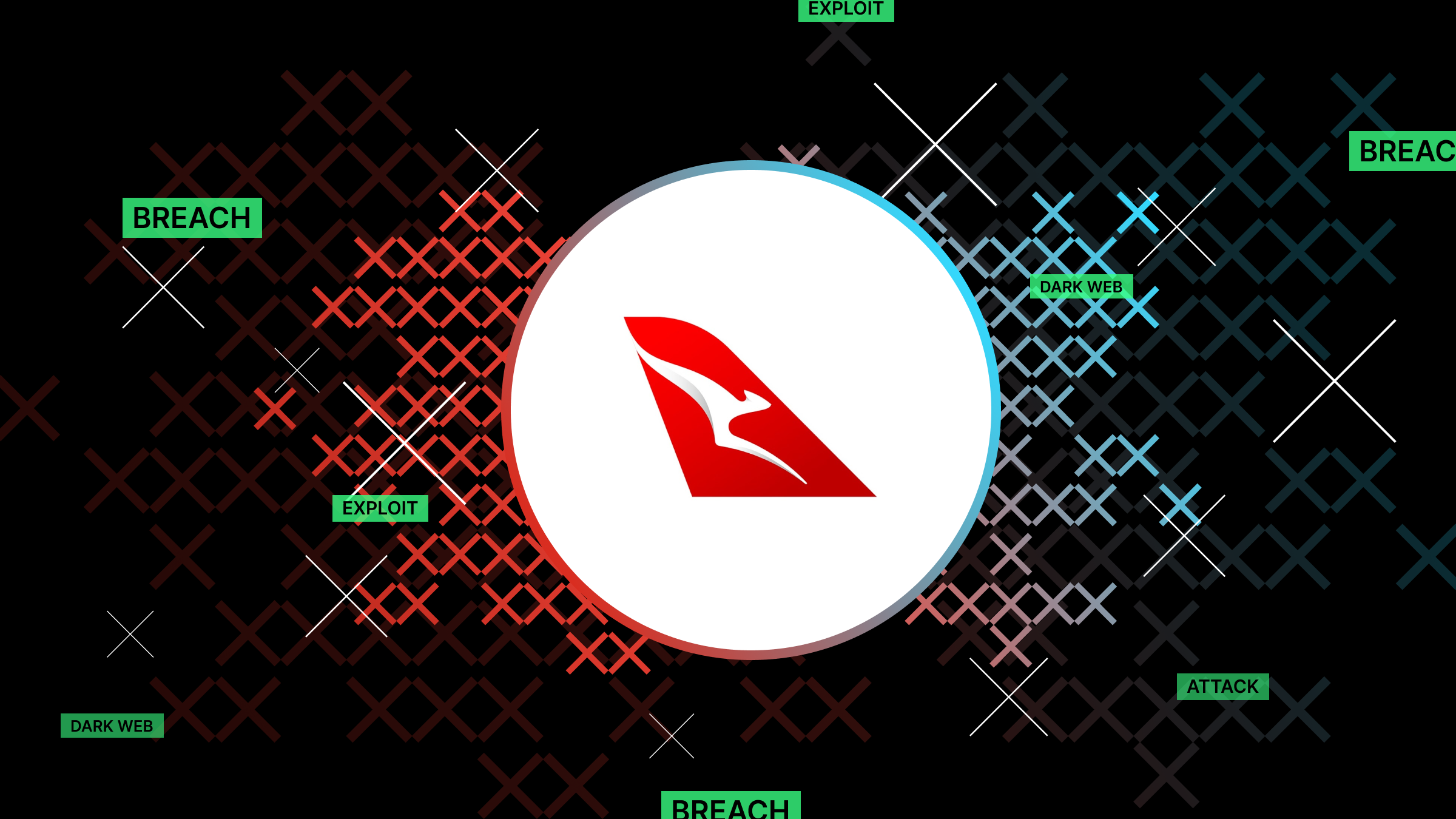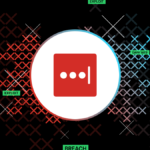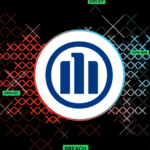When we first covered the Qantas data breach in July—in which up to six million customer records were accessed via a third-party contact center platform—it was not yet clear whether that data would ever see the light of day. Qantas, at the time, reassured customers that sensitive credentials like passwords, login tokens, and card data were not part of the exposed set, and the company moved to contain the breach.
Now, in a troubling turn, the threat has become reality: hackers have publicly released portions of that data onto the dark web. The cybercriminal collective Scattered Lapsus$ Hunters, a group linked to data extortion against dozens of global firms, claims responsibility for the leak after a ransom deadline passed. According to Qantas, more sensitive personal details such as phone numbers, home addresses, and birth dates were among what was published; in contrast, roughly four million records are said to include only name and email address.
What changed—and why now?
This escalation reflects more than just bad timing. In July, Qantas had secured a court injunction in the New South Wales Supreme Court to prevent further dissemination of the stolen records, but as the hackers themselves point out, “the genie is out of the bottle.”Those injunctions are only effective against parties who respect them; on the dark web, sovereignty is moot.
The decision to publish appears to be the hackers’ enforcement of leverage: they threatened dozens of companies hosted on or using Salesforce-linked platforms, demanding ransom prior to October 11, 2025. When Qantas and Salesforce declined to negotiate, the attackers followed through. Salesforce, in turn, claims it was never compromised and refused to pay.
The customer response: frustration, risk, and a breach of trust.
Across Australia, disgruntled customers are now vocal about their anger and anxiety. Many say they learned of the leak via media reports—not direct communication from Qantas. Affected individuals report feeling left in limbo, forced to arrange identity monitoring at personal cost. Some have already seen phishing and impersonation attempts, further proof that the leaked data is being weaponized.
Analysts warn that what was once contained is now open season for secondary threat actors: anyone can now access and exploit the data for social engineering, account takeover, or identity theft. With personal identifiers now circulating widely, the burden on each individual to remain vigilant is steep.
What steps should affected customers take?
- Enable multi-factor authentication everywhere possible, especially email or high-risk accounts.
- Be hyper-suspicious of calls, emails, or texts claiming to represent Qantas or government agencies. Verify independently.
- Track credit reports or identity-protection tools.
- Report suspicious activity—don’t ignore it.
We will continue to monitor updates, as Qantas regulators, law enforcement, and cybersecurity bodies assess liability under Australian privacy laws.
How can companies prevent this?
Polymer uses centralized access controls and smart classification to prevent users or AI tools from accessing unauthorized information, helping detect risks before they become breaches. More importantly, PolymerHQ actively nudges users toward secure practices—preventing them from unintentionally sharing sensitive data and reinforcing compliance without disrupting workflows.
Request a demo to see our solution in action.









